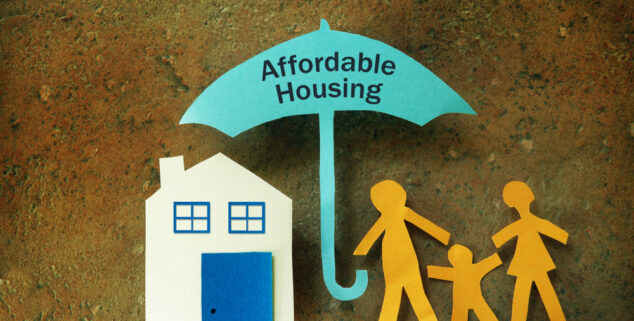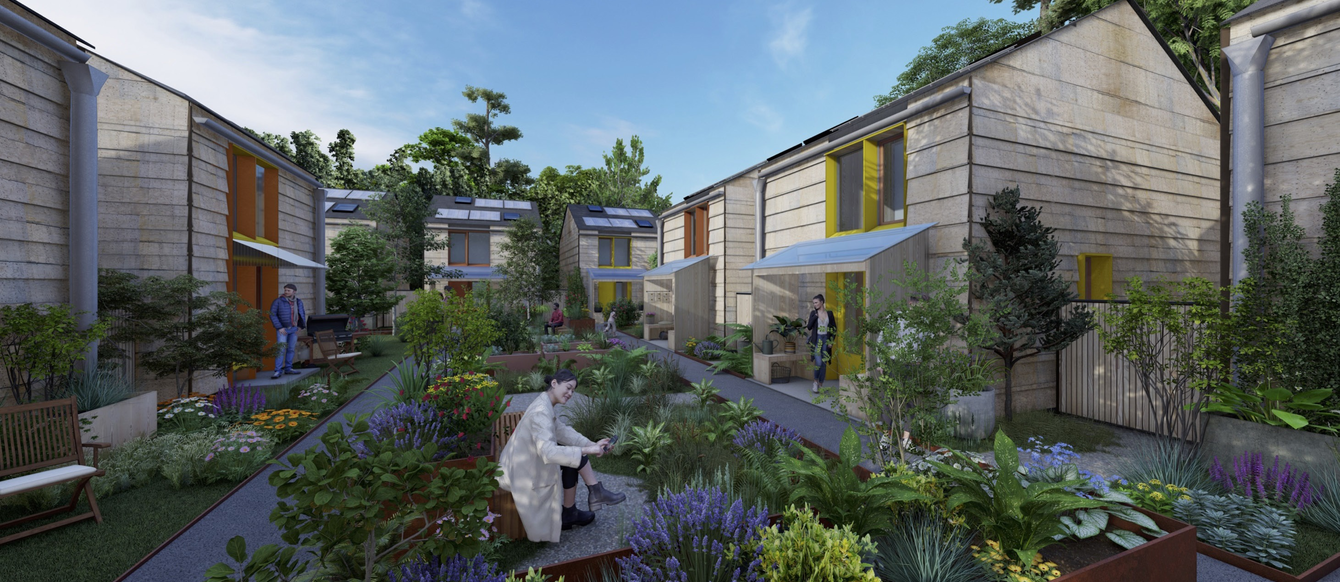Budget-friendly Homeownership Options for First-Time Homebuyers
As the housing market proceeds to develop, newbie property buyers face unique challenges in safeguarding affordable homeownership alternatives. These efforts not only promote homeownership but additionally foster neighborhood stability and economic growth.
Federal Government Support Programs
Entitlement program programs play an essential role in making homeownership possible for lots of people and households. These programs intend to minimize the economic worry related to buying a home, specifically for newbie purchasers. By offering monetary help, grants, and tax obligation motivations, government campaigns aid link the void between increasing housing expenses and the buying power of possible home owners.
Various programs are available at the government, state, and local degrees. For circumstances, the Federal Housing Management (FHA) supplies insurance policy on lendings, permitting lending institutions to use more favorable terms, such as lower down payments and reduced interest rates. Furthermore, state and regional governments frequently have their own initiatives, which might consist of down settlement assistance programs, property buyer education and learning training courses, and favorable mortgage terms.
These programs are designed to attend to the one-of-a-kind obstacles faced by reduced- to moderate-income family members, consisting of minimal cost savings and credit rating. By fostering a setting where homeownership is much more available, government aid programs not just sustain specific goals yet additionally add to community stability and economic growth. Comprehending and using these sources can substantially enhance the potential customers of successful homeownership.
Low-Down-Payment Home Loans
For many aspiring home owners, low-down-payment home mortgages present a sensible path to homeownership, especially in today's challenging real estate market. These mortgage options normally need down settlements varying from 3% to 5%, making it simpler for new buyers to go into the marketplace without the problem of conserving for a considerable deposit.
Numerous loan providers use low-down-payment programs, including traditional car loans backed by Fannie Mae and Freddie Mac, along with government-backed choices like FHA finances. These home mortgages are developed to suit people with restricted savings while still giving affordable interest rates. Significantly, they permit purchasers to keep more money for other important expenditures, such as relocating costs, home evaluations, and prospective remodellings.
However, potential house owners should be mindful of the trade-offs connected with low-down-payment home mortgages. A smaller down repayment may cause greater month-to-month settlements and the need of personal mortgage insurance coverage (PMI), which secures lending institutions in instance of default. Consequently, it is important for first-time purchasers to perform complete research and talk to mortgage professionals, guaranteeing they choose a low-down-payment choice that aligns with their long-term monetary goals. Affordable Homeownership.
First-Time Homebuyer Grants
Lots of new homebuyers locate that grants can considerably alleviate the economic burden of purchasing a home, enhancing low-down-payment mortgage choices. These grants, often offered by state and charitable companies or regional federal governments, offer monetary assistance that does not call for settlement, making them an attractive choice for those entering the real estate market.
Qualification for newbie buyer grants generally depends upon revenue, credit reliability, and the purchase cost of the home. Several programs are created to aid reduced- to moderate-income family members, making sure that support reaches those who require it most. The application procedure usually entails documents of monetary condition, property buyer education programs, and sometimes also a dedication to remain in the home for a certain duration.
The amount of assistance differs widely, with some grants giving several thousand bucks to aid cover closing prices or deposits. Investigating available grants in your location is crucial, as programs frequently alter and may have details demands. By leveraging these funds, go to this site novice buyers can make homeownership a lot more accessible, ultimately accomplishing their imagine possessing a home while reducing the preliminary financial strain.
Innovative Community Initiatives
Cutting-edge area campaigns are playing an important duty in expanding budget friendly homeownership choices for citizens. These campaigns typically entail collaborative initiatives between neighborhood federal governments, charitable companies, and economic sector stakeholders to develop sustainable housing options tailored to community needs.
One remarkable strategy is the establishment of neighborhood land depends on (CLTs), which allow locals to buy homes while the land stays owned by the trust. This design assists maintain affordability in time and avoids speculative price increases. Furthermore, CLTs often offer academic resources and support services to empower first-time homebuyers.
Another reliable effort is the development of mixed-income real estate projects, which blend budget friendly systems with market-rate homes. This technique fosters comprehensive areas and minimizes the preconception frequently connected with low-income real estate. Local federal governments are increasingly supporting zoning reforms to facilitate the building of accessory house units (ADUs), which can offer additional rental earnings for homeowners while increasing real estate availability.

Tips for Budgeting and Saving

Following, establish a devoted interest-bearing account specifically for your future home purchase. Goal to conserve a portion of your revenue constantly, preferably 20% or even more, to construct a considerable deposit. Use automation devices, such as straight down payment or automatic transfers, to make saving simpler and more consistent.
Furthermore, take into consideration taking on the 50/30/20 policy: allot 50% of your income to needs, 30% to wants, and 20% to financial savings and debt repayment - Affordable Homeownership. This method promotes well balanced financial health

Conclusion
In summary, cost effective homeownership choices for novice property buyers encompass various resources such as government support programs, low-down-payment mortgages, and grants. By leveraging these economic devices, individuals can navigate the complexities of homeownership, ultimately adding to a much more fair housing landscape.
As the housing market continues to progress, newbie property buyers deal with one-of-a-kind obstacles in safeguarding affordable homeownership options. By fostering an environment where homeownership is more available, government assistance programs not only sustain private aspirations but likewise add to neighborhood stability and financial development. By leveraging these economic sources, novice homebuyers can make homeownership more accessible, ultimately attaining their desire of having a home while reducing the initial financial pressure.
In summary, budget friendly homeownership alternatives for first-time buyers incorporate various sources such as federal government aid programs, low-down-payment home loans, and grants. By leveraging these economic tools, individuals can browse the complexities of homeownership, additional resources inevitably contributing to an extra equitable real estate landscape.